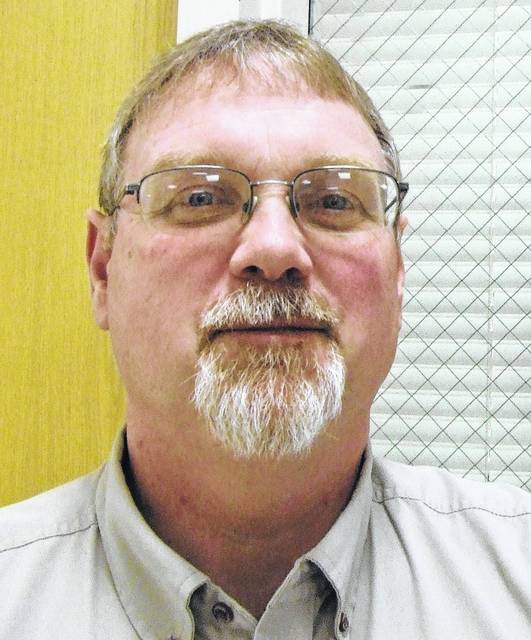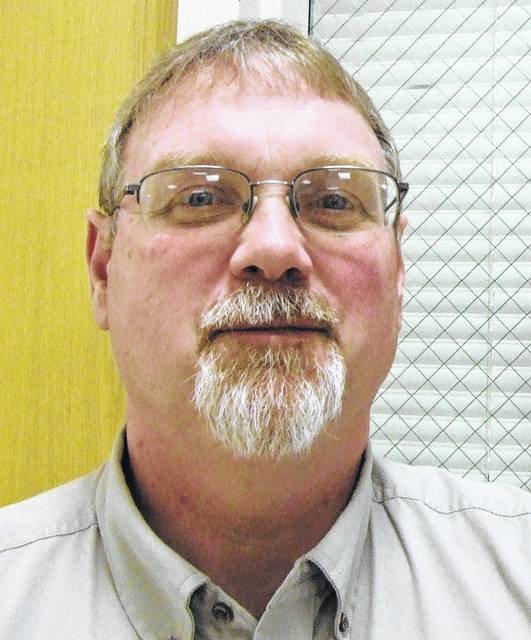

I am sure many of you are ready to turn the corner and head into a new year. I know I am after the horrific health issues I endured last January, February and March.
I am thankful for many things in 2018 such as my family and my renewed health, but I am really looking forward to 2019 and the hope it will bring a better new year all the way around.
As we get ready to charge into a new year, I encourage all of you to take time to “smell the roses”, have a plan in place to tackle the many possible challenges that farming can bring with it, communicate with those involved and maybe not so involved in the operation about your plans, and cherish with pride, the fact you can be a farmer that helps feed this world. Again, I wish you all a great new year.
Speaking of feeding the world, have you ever heard or read any comments such as the following?:
“Consumers are concerned for animal health, and the sustainability of the production systems their food’s raised in.”
That statement is just one of several discussed during the many 2018 livestock production meetings held between Ohio State University Extension Educators and producers around the state.
To take it one step further, this has been a huge topic of discussion on the Beef side of things and has caused teaching and certifying Ohio’s cattlemen in Beef Quality Assurance (BQA) to become a priority.
What is Beef Quality Assurance (BQA)?
BQA is a nationally coordinated, state implemented program that provides systematic information to U.S. beef producers and beef consumers of how common sense husbandry techniques can be coupled with accepted scientific knowledge to raise cattle under optimum management and environmental conditions.
BQA is certainly not a new program. The precursor to BQA, “Beef Safety Assurance”, originated in the late 1970s and through the 1980s emphasized targeting real and perceived beef safety issues.
The primary emphasis of the program was educating stakeholders about the proper use of pharmaceutical products and the honoring of withdrawal times. BQA programs as we know them today began in the early 1990’s.
In the words of John Grimes, Ohio State University Beef Coordinator, current BQA programming is expanding with information to help producers implement best management practices that improve both quality grades and yield grades of beef carcasses.
USDA Quality Grading is a composite evaluation of factors including carcass maturity, firmness, texture, and color of lean, and the amount and distribution of marbling within the lean. These factors affect the palatability of meat.
USDA Yield Grading show differences in the total yield of retail cuts. Yield grades estimate the amount of boneless, closely trimmed retail cuts from the high-value parts of the carcass – the round, loin, rib and chuck.
While the target audience for BQA educational programs is the producer, the ultimate priority is today’s consumer. In addition to helping the producer add value to their market animals, BQA can help build a positive public image and instill consumer confidence in the beef industry.
If the beef industry produces a quality beef product, it can meet the consumer’s expectations for eating and preparation characteristics. The government is also the beef industry’s partner in this process by providing inspection services that help insure a safe and wholesome product that is correctly labeled and packaged.
As of now, Wendy’s restaurant, Tyson Foods and multiple auctions have announced that they will soon require producers to be certified in BQA in order to market their cattle or serve their product.
In response, Ohio State University Extension is working in cooperation with the Ohio Beef Council, the Ohio Cattlemen’s Association and Ohio’s cattle auction markets and collection points to offer Ohio’s cattlemen several opportunities to become Beef Quality Assurance Certified.
Listed are a couple of local opportunities coming up in the near future to get Beef Quality Assurance Certified as a beef producer:
• Jan. 22 at 5:30 p.m. Beef Quality Assurance Training and Certification, Union Stockyards, Hillsboro. Contact Janet Butler at 937-393-1958 for reservations or information.
• Feb. 2 at 10 a.m. Beef Quality Assurance Training and Certification, OSU Extension office, Greene County, Xenia. Contact Trevor Corboy at937-372-9971 for reservations or more information.
There is also a national Beef Quality Assurance web site located at https://www.bqa.org/ .
You can become BQA certified through online training opportunities at this web site. Depending on your particular area of interest, you can become BQA certified with an emphasis in one of the following areas: Cow-Calf, Stocker, Feedyard, Dairy, or Transportation.
Once you have attended a BQA training event in person or completed an online certification course, you will receive a personalized card with information that verifies your certification status.
BQA is much more than knowing the proper way of giving vaccinations in the animal’s neck. Quality should be a priority in every step of the beef production system.
This includes management decisions relating to herd health, nutrition, animal handling, reproduction, genetics, and marketing.
Tony Nye is the state coordinator for the Ohio State University Extension Small Farm Program and has been an OSU Extension Educator for agriculture and natural resources for over 30 years, currently serving Clinton County and the Miami Valley EERA.


